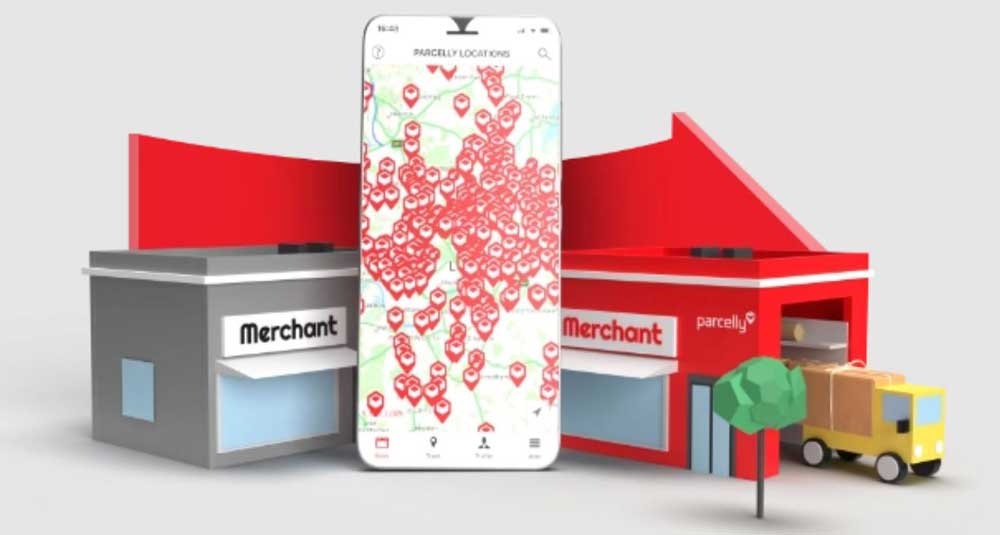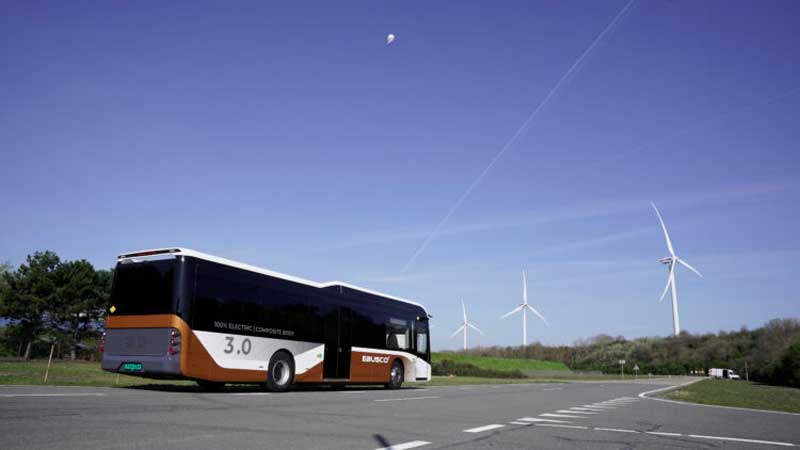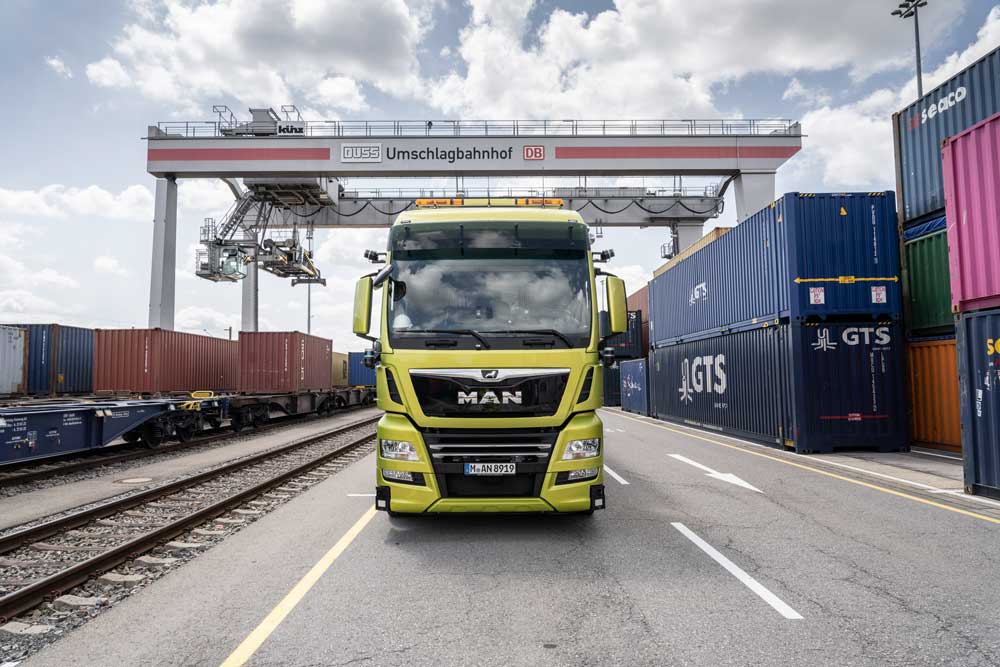Renault Trucks’ eXchange line brings its customers spare parts that have been reconditioned and approved to specifications that meet the most stringent reliability, safety and environmental standards. These eco-friendly, economical parts come with a two-year warranty and are a viable option for maintaining optimum vehicle performance while controlling maintenance costs.
The “standard replacement” procedure replaces worn or damaged vehicle parts with guaranteed original spare parts, such as an engine or gearbox in as-new condition, at a cost that is up to 50% lower.

Economical, high-quality spare parts
Once reconditioned in a very stringent industrial process, spare parts deliver similar performances to new parts. “With eXchange parts, Renault Trucks can guarantee its customers that their vehicles’ performances will be maintained, no matter how old the vehicle is, at a fair price, in proportion to the vehicle’s value,” explains Mete Büyükakinci, head of the Remanufacturing Project at Renault Trucks.
Engine and gearbox parts and components, braking systems, clutches, electrical and electronic circuits, steering and suspensions, and cooling systems for all Renault Trucks vehicle ranges are also available in an eXchange version.
Like new spare parts, items in the Renault Trucks eXchange range of spare parts come with an international two-year warranty.

Environmentally-friendly production
EXchange parts are not only economical, they are also environmentally friendly, since it takes only 10% of the energy required to produce a new part to manufacture an eXchange part.
Engines and gearboxes, for example, are reconditioned in the manufacturer’s Limoges plant in an environmentally-friendly industrial process:
- First the outer surface of the carcasses is spray washed to eliminate external pollution such as mud or dust; then the parts are immersed to clean away any remnants of oil, grease or hydrocarbons.
- All of the utilities used in the industrial process are recovered, treated, recycled and reused in the circuit. Only final waste is disposed of in the appropriate destruction processes.
- The choice of chemical products, such as water-soluble paint or non-chlorinated products, combined with the use of two gas scrubbers to treat the gaseous pollutants given off by baths, reduces the impact of atmospheric emissions.
All in all, the overall environmental impact of producing a reconditioned part is up to 60% lower than for a new part.










